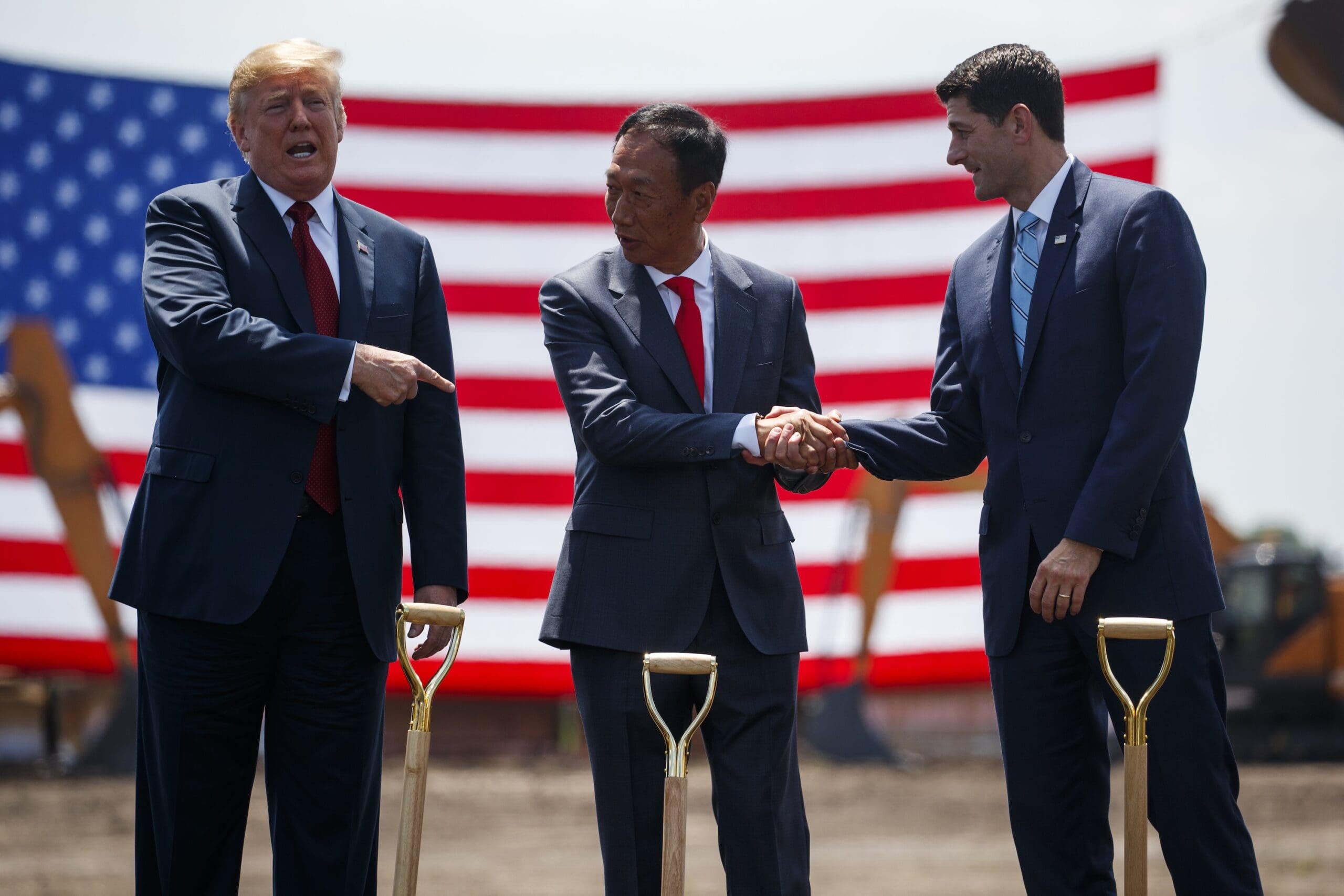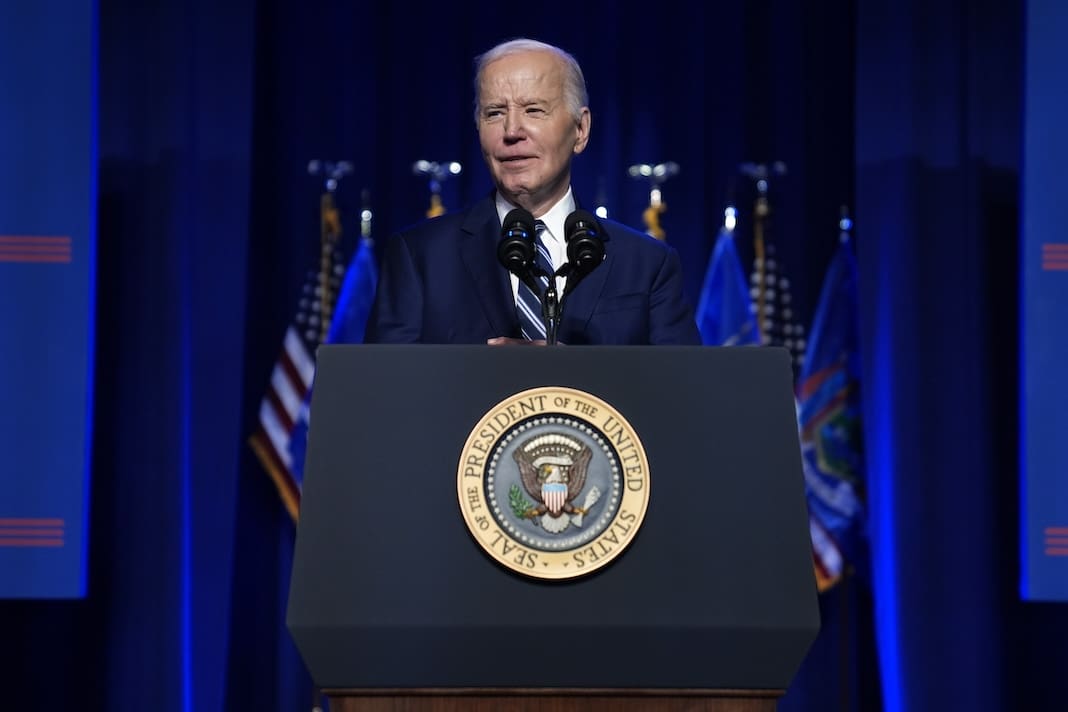Wisconsin sees transportation, internet upgrades two years after infrastructure law passed
More than 300 projects in Wisconsin are set to receive $5.6 billion from the Infrastructure Investment and Jobs Act.

In the two years since President Joe Biden signed a federal infrastructure bill into law, Wisconsin has seen significant investment in upgrades to public transit, along with expanded access to affordable high-speed internet.
Biden signed the Infrastructure Investment and Jobs Act into law on Nov. 15, 2021. The bill authorized $1.2 billion in funding for nationwide improvements in infrastructure. Since then, Wisconsin has announced $5.6 billion in funding for over 327 specific projects, according to the White House.
“Not only are we building things that need to be built, we’re also helping to support our local economy and through that the economy of the state of Wisconsin and of the United States of America, and I’m very proud to be a part of that,” Madison Mayor Satya Rhodes-Conway said in a call with reporters on Nov. 13.
Rhodes-Conway also noted in her remarks that federal infrastructure investments provide support for families seeking to start and grow businesses with the state.
One project advanced by the law is an upgrade to John Nolen Drive, a major thoroughfare in downtown Madison. Six bridges are being replaced to better handle the 45,000 vehicles that use the road each day.
According to the U.S. Department of Transportation, more than 979 bridges and 1,949 miles of highway in Wisconsin are in poor condition.
Wisconsin has also received funding from the law to replace lead pipes as part of upgrades to drinking water infrastructure. Lead contamination has been linked to learning and behavioral problems in children, along with lower IQ and slowed growth. In adults, lead exposure has been connected to increased blood pressure, problems with reproductive health, and decreased kidney function.
The infrastructure law is also providing funding to increase access to broadband internet services.
The White House said that roughly 413,000 Wisconsin households have enrolled in the Affordable Connectivity Program authorized by the law. The program provides discounted internet service for qualified applicants and subsidizes the cost of such devices as laptops and tablets.
On the Nov. 13 call with reporters, White House infrastructure advisor Mitch Landrieu noted that private investments have followed the law’s taxpayer investments in Wisconsin.
“The president has said that if the public sector shows up, the private sector is going to show up too, and the proof will be in the pudding. And of course, we see that happening in a big way: our investments have incentivized the private sector in Wisconsin to put up $2 billion,” Landrieu said.
Several privately funded projects have been announced since the law’s passage.
In May 2022, Arrowhead Pharmaceuticals broke ground in Verona on what will be a 13-acre campus in the city’s technology park. Arrowhead estimates the new facility will create up to 230 new jobs when construction is completed.
WEC Energy Group is currently building a $451 million solar energy and battery project in Rock and Walworth counties and expects the facility to come online in late 2024. The company projects that the facility will generate energy for about 75,000 homes.
A $500 million expansion of Georgia Pacific’s Green Bay paper mill is expected to add 150 new jobs in the area.
Democratic members of Wisconsin’s congressional delegation supported the infrastructure law. In an August 2021 statement, Sen. Tammy Baldwin said the law would “make a real difference in the lives of Wisconsin working families.”
Republican Sen. Ron Johnson opposed the law, as did the rest of Wisconsin’s GOP congressional delegation.
“This is just the first step in the Democrats’ plan to pass their $5 trillion-plus radical tax-and-spend agenda, and I simply couldn’t help facilitate it,” Johnson said in an August 2021 release.




